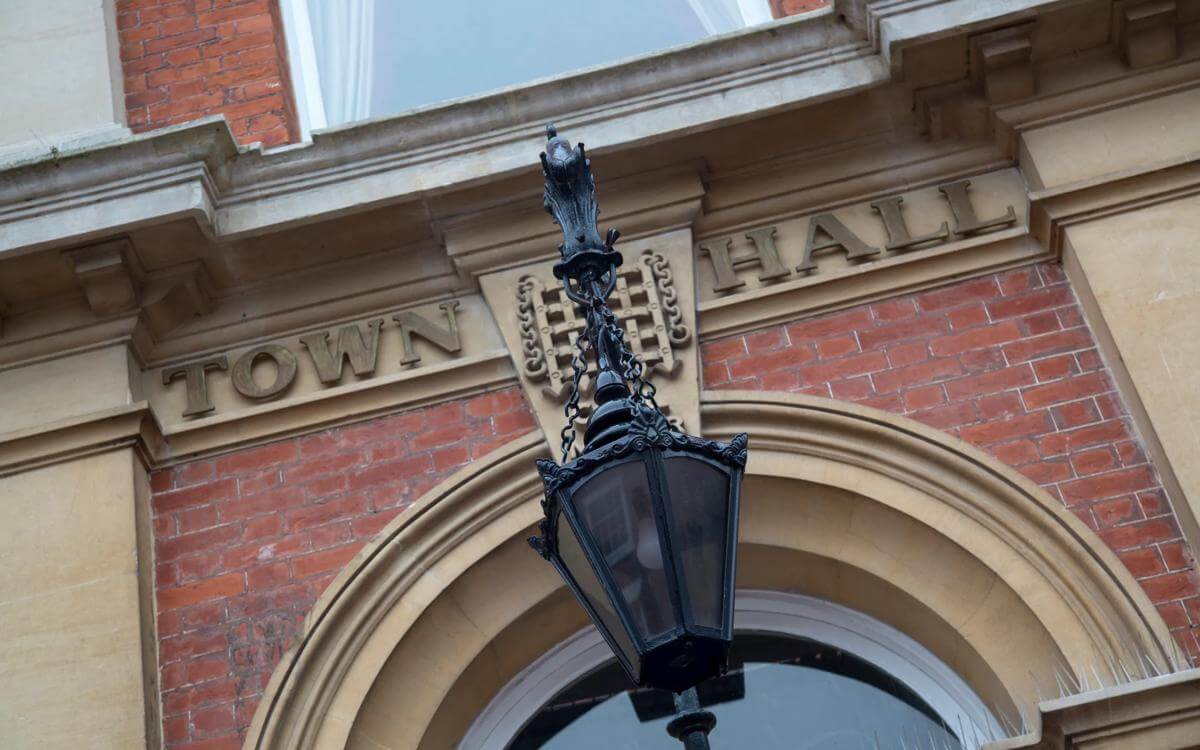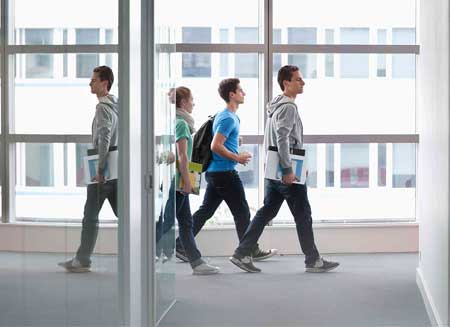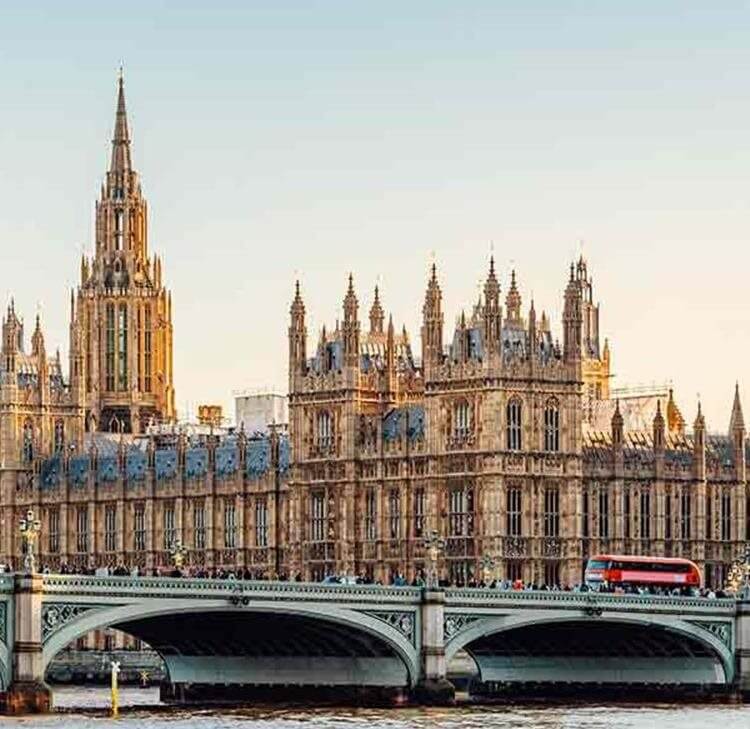Subsidy Control Act 2022: economic queries
In July, the long-awaited statutory guidance on the Subsidy Control Act 2022 (Act) was published in draft form (Draft Guidance). A consultation on the draft guidance has recently ended and the results have not yet been published – it may therefore change before the final version is published.
In July, the long-awaited statutory guidance on the Subsidy Control Act 2022 (Act) was published in draft form (Draft Guidance). A consultation on the Draft Guidance has recently ended and the results have not yet been published – it may therefore change before the final version is published.
The Act itself is expected to come into force later in 2022, and the government is expecting to publish statutory guidance and secondary legislation to support it.
Historically, under the state aid rules, universities were treated as capable of giving and receiving state aid, and the Act and Draft Guidance do not suggest that the position will be different under the Act, although universities are not expressly referred to and the guidance on the position of educational services is quite limited.
One of the key questions in determining whether a university is giving or receiving a subsidy will relate to whether the supported activity is an economic activity. Where support is provided to an activity which is not economic, this will not give rise to a subsidy. For example, the provision of funding towards teaching, independent research or knowledge transfer is unlikely to be considered economic activity, and therefore can be supported without giving rise to a subsidy. However, where a university or other entity is engaged in economic activity, this may give rise to a subsidy. This might arise where a university is constructing research infrastructure, renting out equipment, entering into a collaboration or operating an innovation cluster (for example).
Is it ‘economic?’
The question as to whether an entity is carrying out an economic activity or not is therefore one of the deciding factors in many cases as to whether providing public support to that entity will give rise to a subsidy or not. If it can be said that the entity is not carrying out economic activity, then it is not an ‘Enterprise’ and no subsidy will arise.
This is very clear in some cases – most businesses are clearly enterprises, and many other organisations, such as community groups, are not. But in the case of entities carrying out a mix of activities, notably universities, local authorities, voluntary sector organisations and charities, the position is less clear. The question of whether an activity is economic or not is considered at the level of the supported activity – therefore some entities will be enterprises in relation to some of their activities, and not in relation to others (and universities fall into this category).
The Act introduced a new provision – s.7(2) which provides that “an activity is not to be regarded as an economic activity if or to the extent that it is carried out for a purpose that is not economic.”
In the absence of further guidance or judgements on this provision, it would be necessary to simply consider the purpose of the beneficiary in carrying out the activity. There is a clear parallel with the ‘primary purpose’ test discussed in R (Peters) v Haringey LBC. In that case, the court considered whether a local authority was acting for a commercial purpose within the meaning of s.4(2) of the Localism Act 2011, which requires that where a local authority acts for a commercial purpose, it must do so through a company. The court found that as the local authority’s motive for entering into a transaction was not commercial, then the transaction itself would not be seen as commercial, even if it was profit making.
The primary purpose test
If that is correct, then it appears to give rise to an argument that where an entity’s motivation for carrying out an activity is not commercial, even if the activity is profit making, the entity should not be considered to be an enterprise and the relevant activity may receive public support without this giving rise to a subsidy control issue.
However, in Peters v Haringey, the primary purpose test was considered in relation to a local authority who clearly had public policy objectives to pursue and whose primary business is not ‘economic’. It is not clear how the test would be applied in the case of a commercial entity where the drivers for undertaking any activity, including ostensibly non-economic activity, are much more likely to be profit-driven and therefore, at some level, economic. Similarly, it is not clear how this will apply to universities, charities and voluntary sector organisations, who often undertake a range of economic and non-economic activities but with an overarching purpose which may not be commercial.
The Draft Guidance does little to clarify this issue, essentially setting out an approach to economic activity which is reflective of the approach under the state aid regime. However, the provisions of s.7(2) of the Act appear to go further than this and suggest a different approach, which could be interpreted as meaning that where any entity does something for a purpose which is not economic, even if the wider activities of the entity are economic and the activity itself is profit making, then it will not be acting as an enterprise and may therefore receive public support without a requirement to consider the subsidy control rules.
This interpretation seems very broad and could lead to a situation where public money is provided towards the ‘non-economic’ activities of commercial operators, in circumstances where application of the subsidy control principles in the Act might suggest that a subsidy would not be appropriate (for example, because the recipient could afford to fund these activities itself). The approach taken in the Draft Guidance would appear to confirm that this is not the intention of s.7(2), in that the Draft Guidance provides that where support is provided in relation to non-economic activity, this would not amount to a subsidy, provided that the support is ring-fenced so that it cannot cross-subsidise economic activities. Nevertheless, this is not express and means that the purpose of s.7(2) is unclear. If (as the Draft Guidance suggests) the approach to identifying whether an entity is an enterprise is the same the established position under the state aid rules, what does s.7(2) do?
It seems to us that s.7(2) could give comfort to public authorities (including universities) that unless they are acting for a clearly commercial purpose, their receipt of public support will not give rise to a subsidy. However, clarification of the scope of s.7(2) would be welcomed, especially for organisations who carry out a range of commercial and non-economic activities, because being able to rely on s.7(2) may simplify the process for them. This might be done by considering the balance of economic and non-economic activities carried out at the level of the entity itself as well as the relevant activity and setting a threshold below which the entity will not be considered to be an enterprise.
As it stands, the purpose of s.7(2) is not clear and to the extent that it is intended to simplify the subsidy control regime for entities which are broadly carrying out non-economic activity, the benefits of this are unlikely to be realised.
Contact

Angelica Hymers
Principal Associate
angelica.hymers@brownejacobson.com
+44 (0)115 976 6092







































